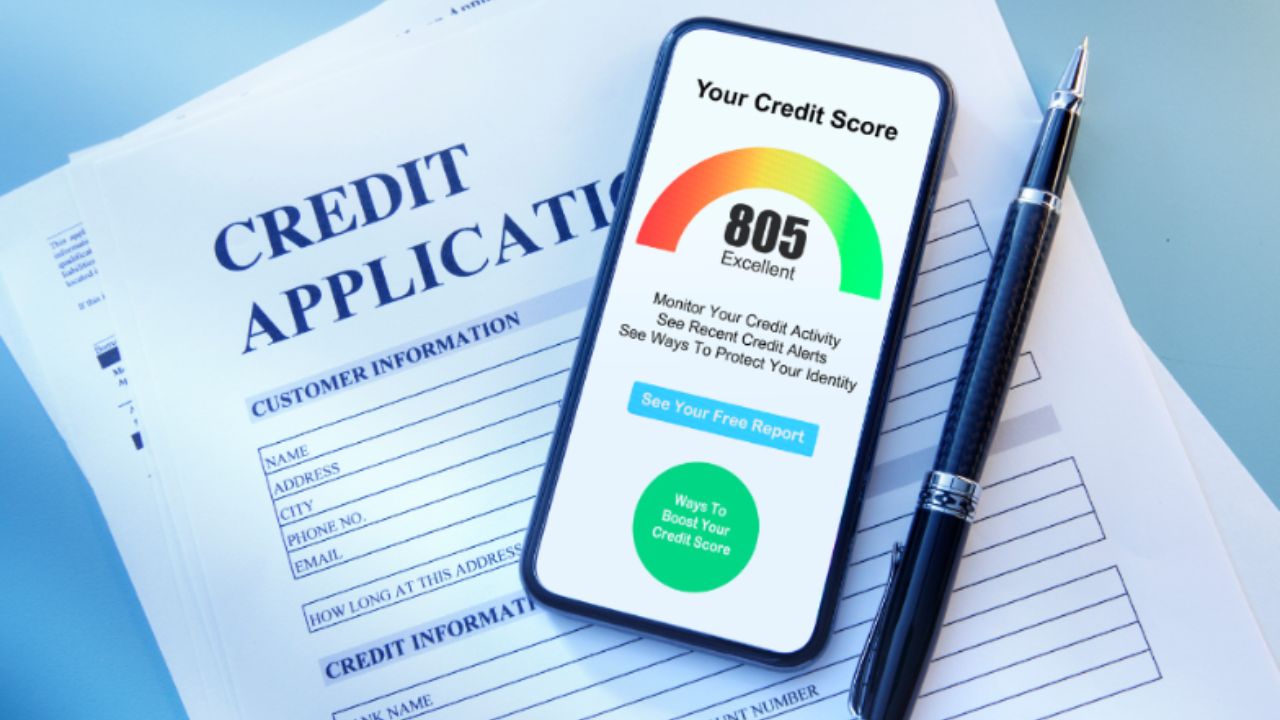 Deciding to finance a new home can be exciting, and because of that buyers tend to want to jump right in. Not so fast! Before you start searching for your dream home, you need to get pre-approved and that means applying for a loan. You will need to get things in order by deciding how much home you can afford, mapping out your expenses, gathering all of your documents and then start looking for a lender that can help you decide what loan is best for you.
Deciding to finance a new home can be exciting, and because of that buyers tend to want to jump right in. Not so fast! Before you start searching for your dream home, you need to get pre-approved and that means applying for a loan. You will need to get things in order by deciding how much home you can afford, mapping out your expenses, gathering all of your documents and then start looking for a lender that can help you decide what loan is best for you.
Some Pros of financing a home are:
? Buyer builds equity in the home
? Credit scores increase with positive payment history
? Mortgage interest and property taxes may be tax deductible
? Buyer has full control over home improvements and upgrades
On the flip side of this, you will also want to avoid a few things, like purchasing high-cost items on credit, looking for your dream home too soon when you are not approved or asking your friends for mortgage advice.
Some Cons of financing a home are:
? Requires upfront costs for down payment, closing fees, etc.
? Process can be complex
? Property taxes and HOA fees are the buyer’s responsibility
? Buyer incurs any maintenance and repair cost
? Typically a long-term investment
Financing a home is a significant decision that requires careful consideration. The process can be overwhelming, but with the right lender and financial plan, homeownership can be an achievable and rewarding milestone.
If you’re ready to start the pre-approval process or need expert guidance, reach out today to explore your options!
 When considering homeownership, many potential buyers wonder: Will getting a mortgage help my credit score? The answer is yes—if managed correctly. A mortgage is a major financial commitment, but it can also be a powerful tool for building and maintaining strong credit. Here’s how a mortgage can affect your credit score and what you should keep in mind.
When considering homeownership, many potential buyers wonder: Will getting a mortgage help my credit score? The answer is yes—if managed correctly. A mortgage is a major financial commitment, but it can also be a powerful tool for building and maintaining strong credit. Here’s how a mortgage can affect your credit score and what you should keep in mind.
